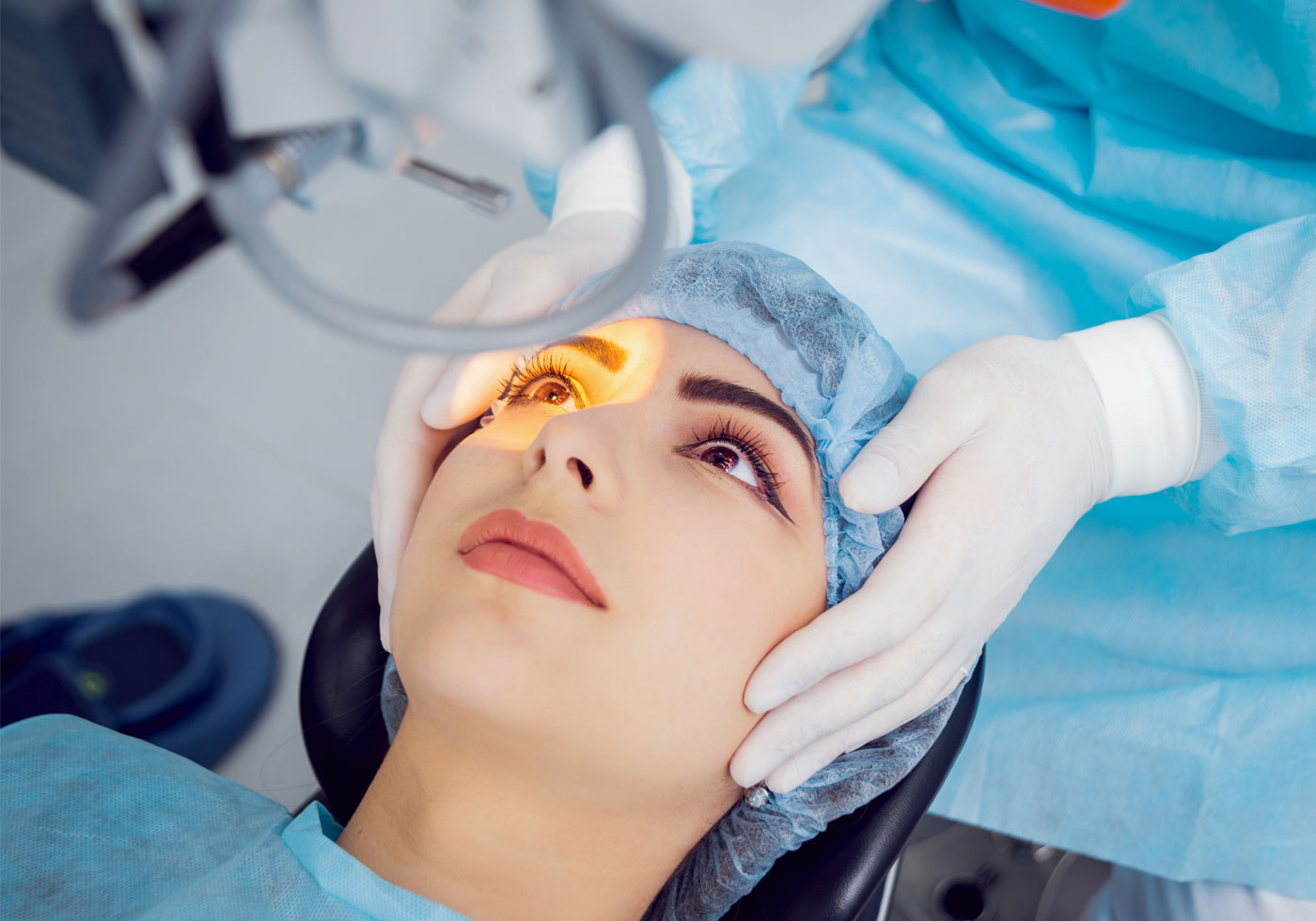Latest News
Cataract Surgery, What You Need to Know

Cataract Surgery
If your eyes appear cloudy, there are signs you might have a cataract. Unlike many people who presume that cataract affects only the elderly, they can affect people of all ages. When left untreated, cataract is likely to cause blindness. Since it develops gradually and is usually painless, regular eye check-ups may help you detect the disease at its early stage and block complications. The cataract surgery Jacksonville specialists at Wolchok Eye Associates, PA, offer cataract removal using non-invasive and skillful techniques. Read on to learn more about cataract surgery.
What is a cataract?
Usually, the eye lens is clear, but the lens appears cloudy when you have a cataract. When you have a cataract, you view things as foggy or frosty. It affects your vision, where you may have difficulty reading, driving, or even seeing the other person.
Cataracts progress slowly, and you might not notice the changes in your vision. As time goes by, cataracts may interfere with your vision. Eyeglasses can ease your situation with cataracts, but you may need cataract surgery to repair your vision.
The following may show you have a cataract.
· Clouded or blurred vision
· Increased light sensitivity
· Double vision in a single eye
· Regular change in eyeglass or contact lens prescription
· Vision problems during the night
· Difficulty reading with normal light
· Fading or yellowing of colors
It’s important to seek medical care if you start experiencing blurred vision, sudden eye pain, or light flashes.
What causes cataracts?
Usually, when at 40, your eyes’ proteins begin to decline naturally. The proteins decompose to produce small clumps that lead to the formation of cloudy eyes.
In addition, cataracts can occur due to eye trauma. You may also develop a cataract due to alcohol overconsumption, cigarette smoking, and sun exposure. Having diabetes, among other chronic diseases, or eye surgery puts you at risk of cataracts.
Your provider recommends cataract surgery upon discovery of cataracts.
What does cataract surgery involve?
Cataract surgery at Wolchok Eye Associates, PA, involves using the femtosecond laser removal technique. Your provider uses laser energy to perform the following.
Corneal incision
Your provider uses a 3D scan of your eye to perform the corneal incision.
Anterior capsulotomy
It involves using a laser to take out the front part of your lens capsule. Anterior capsulotomy makes the cataract visible for removal. It allows the lens capsule to stay in place while your provider places the ideal lens.
Cataract removal
Unlike traditional methods, femtosecond laser enhances the use of less heat in the incision. It lowers the chances of capsule breakage, accidental leakage, and the risk of complications such as retinal detachment after the surgery.
Your surgeon places an intraocular lens after cataract removal and corrects the eyesight.
The procedure is safe, accurate, and reliable.
If you have cloudy eyes that disrupt your vision, you must seek medical attention from your ophthalmologist. The team at Wolchok Eye Associates, PA, offers a femtosecond laser technique to remove a cataract that provides excellent results while enhancing your safety and precision. Contact their offices or use their online scheduler to book your appointment.
Sebastian was born and raised in the busy city of Abbottabad. As a journalist, Saad Mushtaq has contributed to many online publications including the PAK Today and the Huffing Post. In regards to academics, Saad Mushtaq earned a degree in business from the Abbottabad UST, Havelian. Saad Mushtaq follows the money and covers all aspects of emerging tech here at The Hear Up.Thanks










